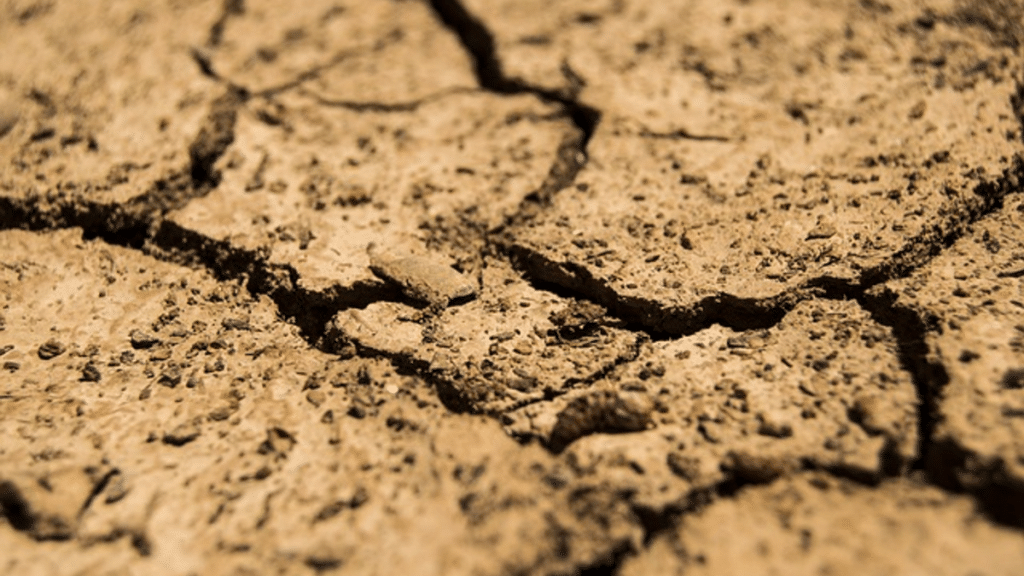Are you preparing to develop your newly bought property? If so, there are several tests and assessments that need to be conducted before your building contractors will be issued with the necessary building permits.
It’s common knowledge that the soil testing Melbourne engineers rely on is an essential part of any new build. However, many new property owners may not be aware that it’s equally critical to have a land capability assessment performed on any unsewered land. What does this mean for your development plans?
What Exactly is a Land Capacity Assessment?
A Land Capacity Assessment (LCA) is an evaluation that determines your property’s ability to sustain and safely dispose of wastewater. This type of assessment is usually carried out by qualified and experienced engineering geologists. LCA may be a prerequisite to qualify for specific building permits.
If your property has no existing wastewater removal system, you will need to factor the installation of one into your building plans and budget. Your building crew will use the recommendations on the LCA to install the right system.
LCA’s are Not as Complicated as They Sound
When you’re setting out to develop a piece of raw (undeveloped) land, your first thought may be that it’s going to be hugely complex. Fortunately, enlisting the services of engineering geologists will make the process so much easier.
They will guide you in the right direction with all the tests and assessments required to qualify and receive all the necessary permits. With that in mind, our team of experts have compiled a list of pointers to know when you’re getting ready to request an LCA.
1. An LCA Helps You Get a Septic Tank Permit
Australian law dictates that every property owner applies for a septic tank permit before being allowed to install a new or alter an existing septic tank system. The goal here is to ensure that the existing tank or new install meets public health and environmental standards.
These tests are done by conducting soil tests and assessing the potential for public and environmental health risks. Drilling, sampling, and scientific testing form a huge part of these tests. The geologists must provide you with a comprehensive report that facilitates getting the required septic tank permit.
The report should contain the following information:
- The results of onsite and laboratory testing.
- Soil profile description and classification.
- Land Capability Assessment Matrix.
- Recommendations on a choice of site-specific treatment and land application systems suitable to sustainably treat all effluent produced within your allotment boundaries
- Sizing of the land application and irrigation system.
- Description of the irrigation system.
- Buffer distances and setback requirements.
- Recommendations for you to sustainably manage your chosen system to gain the best outcomes for you, your family, your business, and the environment.
2. LCAs Needs to Be Done for Each New Build
Property developers should keep in mind that a new LCA should be done for each new build or term of ownership. This means that if you’re buying a property that has an existing wastewater system, you will still require an LCA.
This is because inheriting a poorly designed or installed wastewater disposal system can lead to health risks and also contaminate the surrounding environment. You also don’t want an old or inadequate wastewater system to leak into the ground and surface waters.
Keep in mind that your waste disposal needs may be different to the previous owners of the property. This is especially true if you’re going to have multiple tenants or have customers visiting the property.
3. Know What the LCA Tells You
If you’re not familiar with soil testing, you may be wondering how this determines whether or not you can install sewer pipes into the ground. Essentially, LCAs evaluates factors such as the following:
- Soil type
- Slope
- Climate
- Drainage
- Erosion risk
By determining these factors, you will be able to determine how well the ground can hold the pipes and fixtures that form part of the wastewater system. The condition of the soil on your property enables engineers to design the right system to sustain the property and the general needs. These tests are especially important if you’re planning agricultural practices, as these will help you choose different farming and crop methods.
4. An LCA Guide to Urban and Agricultural Development
If you’re not entirely sure what your land should be used for, then an LCA will help you identify the best locations for urban development. This assessment will also highlight the spaces best suited for agriculture, ensuring that your land is used in the most environmentally sustainable and economically viable ways. You will be able to get the best out of your land and any systems being installed.
Final Thought
Having an LCA done on your property before you start any construction of farming is an essential aspect to designing the best suited wastewater system. Not only is it essential for obtaining a septic tank and other building permits, but it will ensure that you protect the people and environment on your new property.
